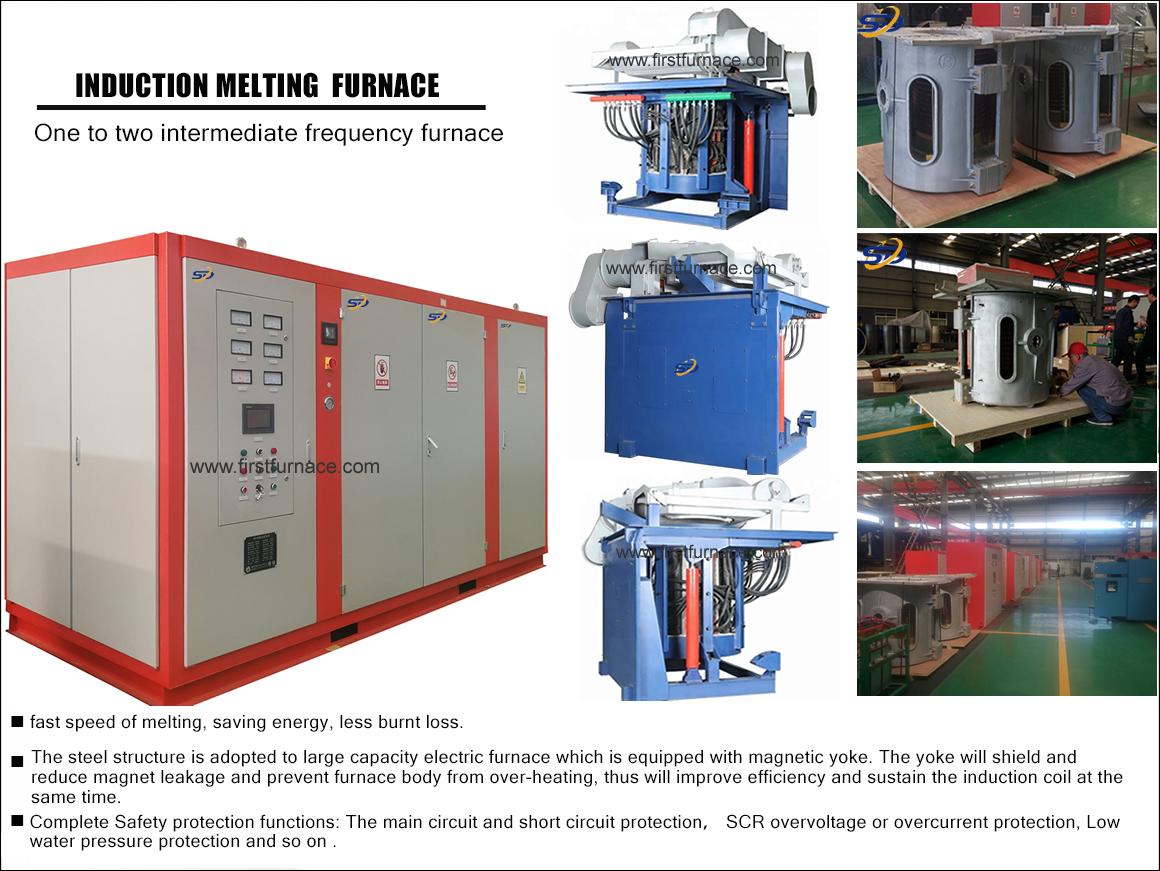Sales hot line ( 24 hours service): 18037961302
E-Mail: firstfurnace@gmail.com
whatsapp:+8618037961302
Adress: Luoxin Industrial Park, Luoyang, HenanLarge diameter steel pipe quen
Piston rod quenching and tempe
Grinding rod quenching and tem
High frequency induction heate
Quenching equipment for machin
Round steel end heating furnac
Steel pipe heat treatment prod
Square steel quenching and tem
Sucker rod quenching and tempe
Thickened petroleum steel pipe
Round steel quenching and temp
Steel pipe quenching and tempe
Steel plate quenching and temp
Induction Hardening Machine&nb
Flywheel ring gear high freque
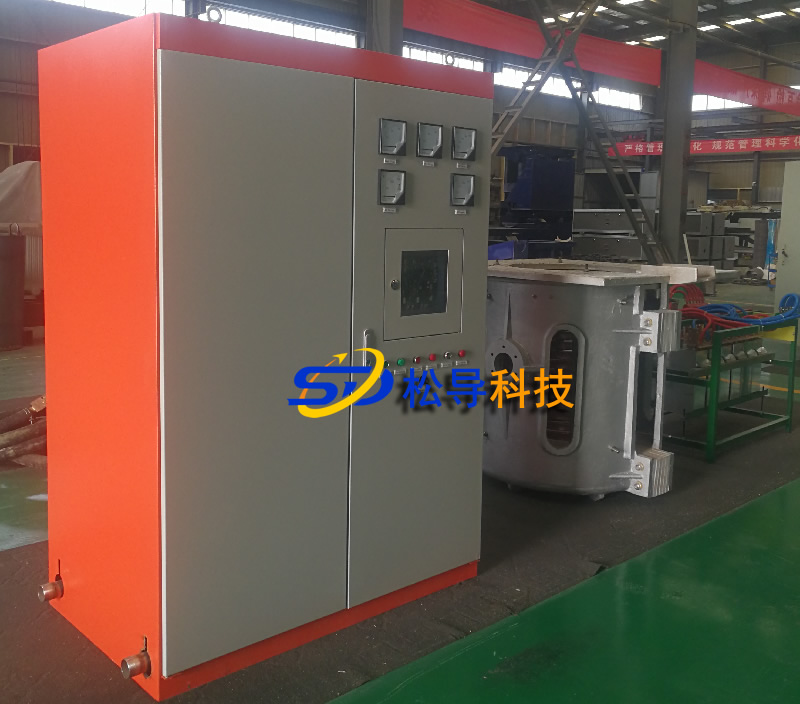
Quick steps to quickly find faults in the intermediate frequency furnace
In the process of using the medium frequency induction furnace, the manufacturer always has such problems or the like. As an electrician who professionally repairs the intermediate frequency furnace, how to quickly check and determine the cause of the failure when encountering the failure of the intermediate frequency furnace, so as to formulate the maintenance plan, this is the test of the intermediate frequency. An important indicator of electricians. The following is a method for quickly checking and repairing the fault of the intermediate frequency induction furnace summarized by the old electrician who is responsible for the electric furnace maintenance for 15 years.
Under normal circumstances, the operator can divide the faults in the intermediate frequency induction furnace into two types according to the fault phenomenon. One is that it cannot be started at all, and the other is that it cannot work normally after starting. According to the general principle, after the fault occurs, the entire system of the intermediate frequency induction furnace must be thoroughly checked when the power is turned off to ensure safe operation.
Such a comprehensive inspection is divided into the following contents: The first one is the power supply. It is necessary to measure the switch of the main circuit with a multimeter and whether there is current passing after the fuse is turned on. This method can eliminate the possibility of disconnection of these components. .
Next, check that the rectifier is in normal operation. The rectifier uses a three-phase full-control bridge rectifier circuit. This circuit includes six fast-blowers, six thyristors and six pulse transformers, and one free-wheeling diode.
Finally, check that the fuse is coming out. There is a red indicator on the fast fuse. When normal, the indicator shrinks into the outer casing and it will pop up when it melts and burns. However, some indicators are tight when installed, so they do not pop up after being melted but are stuck inside, so for safety reasons, you should still use a multimeter to test.
Through the above aspects of detection, it is basically possible to quickly locate the faulty component, and then formulate a maintenance plan according to the specific fault phenomenon.
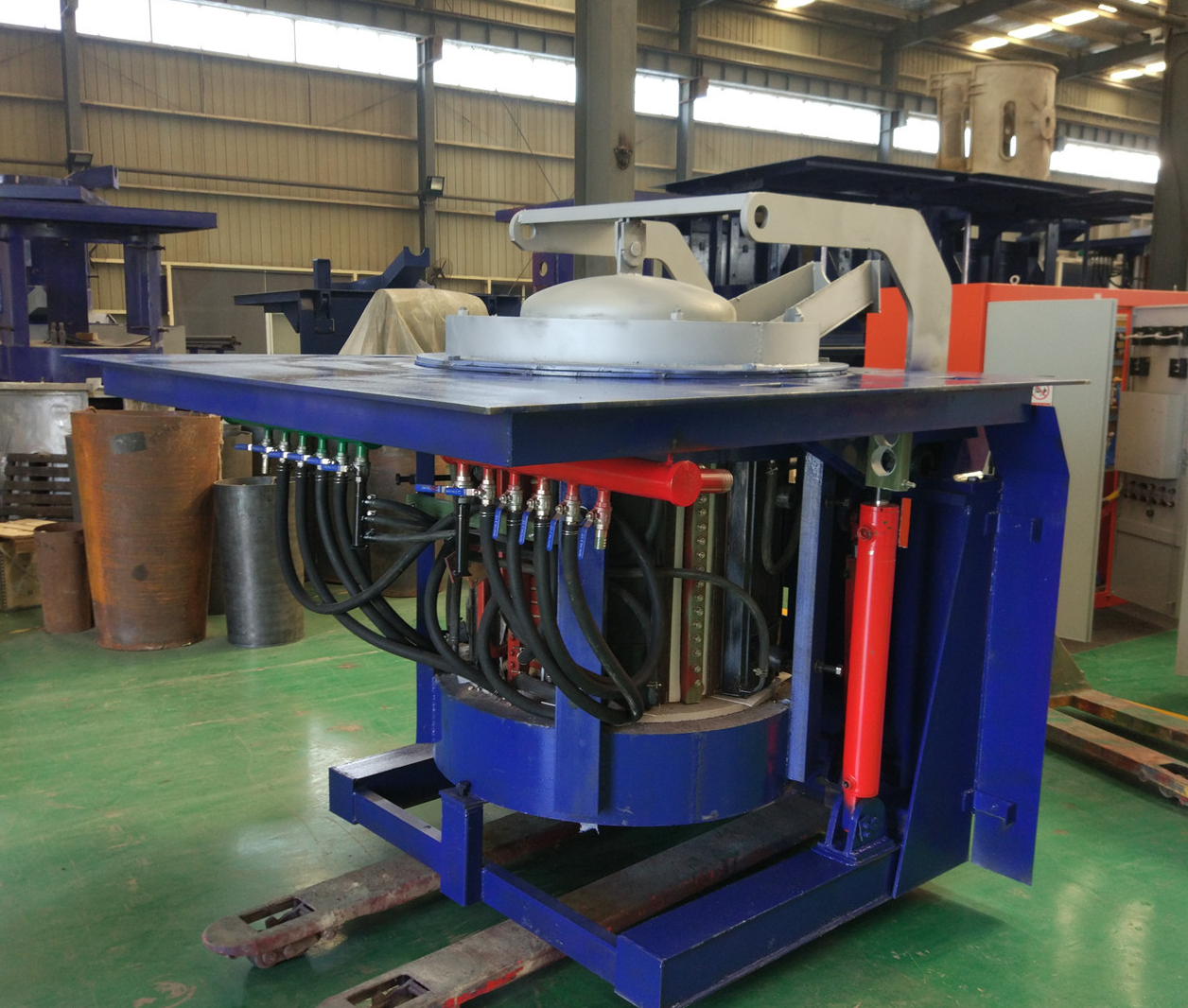
Iron induction furnace
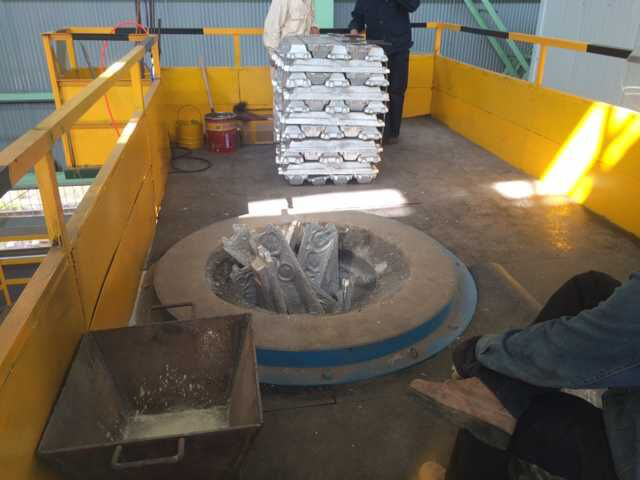
Aluminum melting furnace
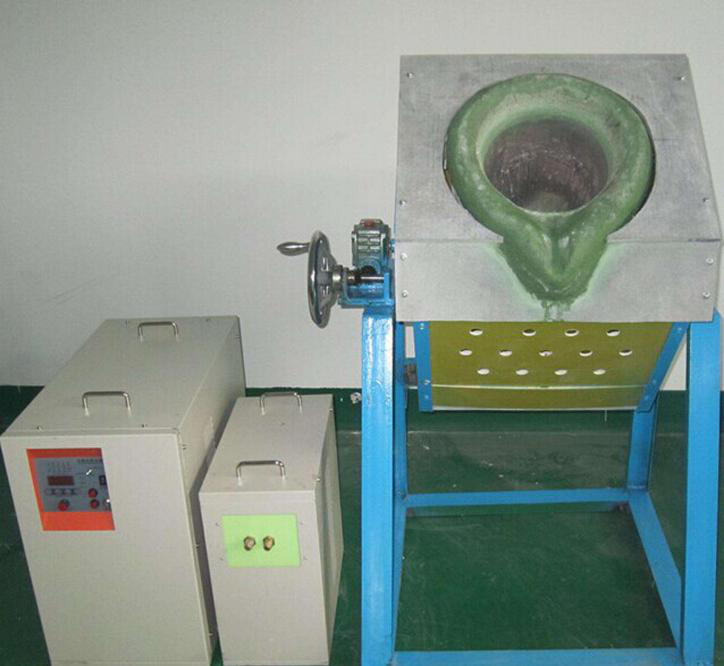
Copper melting furnace
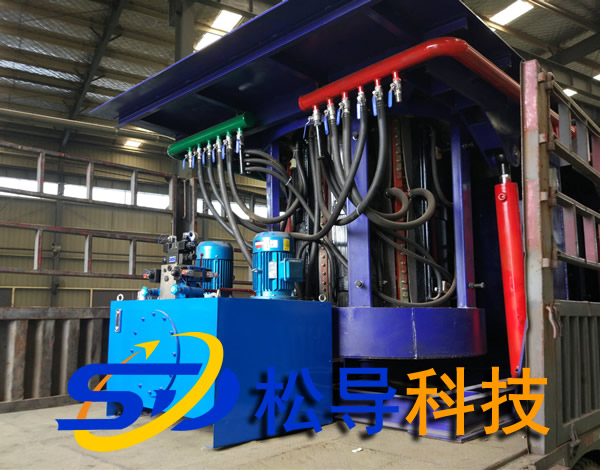
Small steel melting furnace
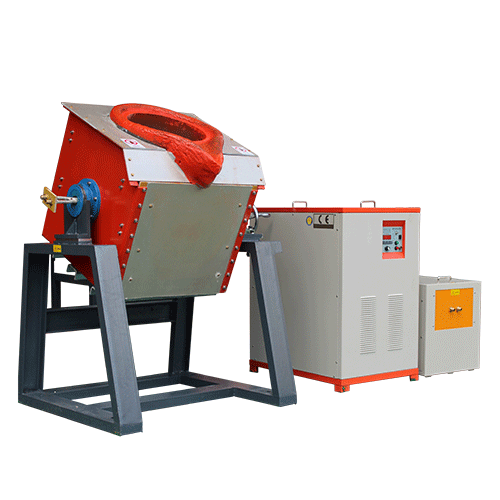
Small induction melting furnace
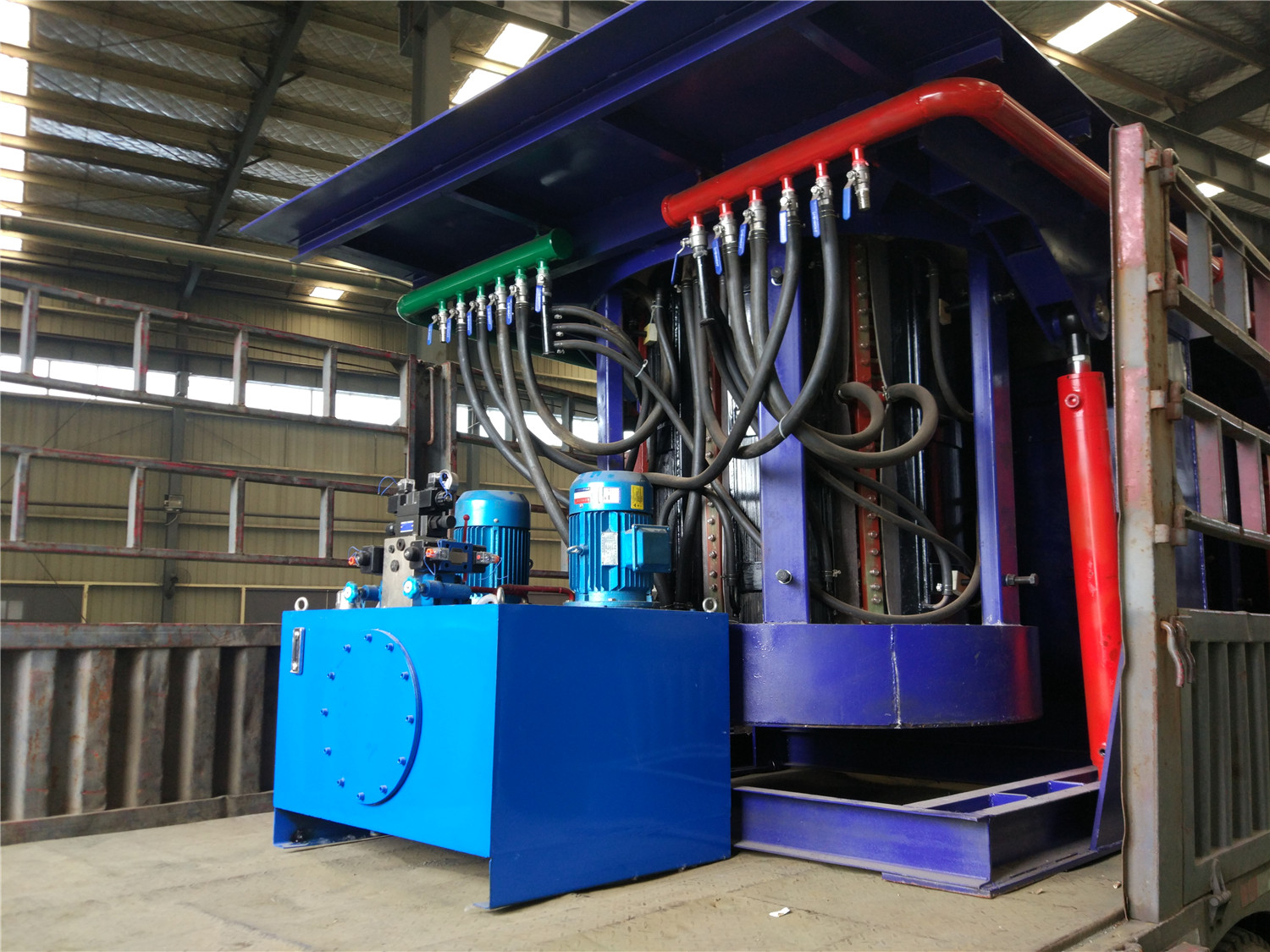
Induction iron furnace
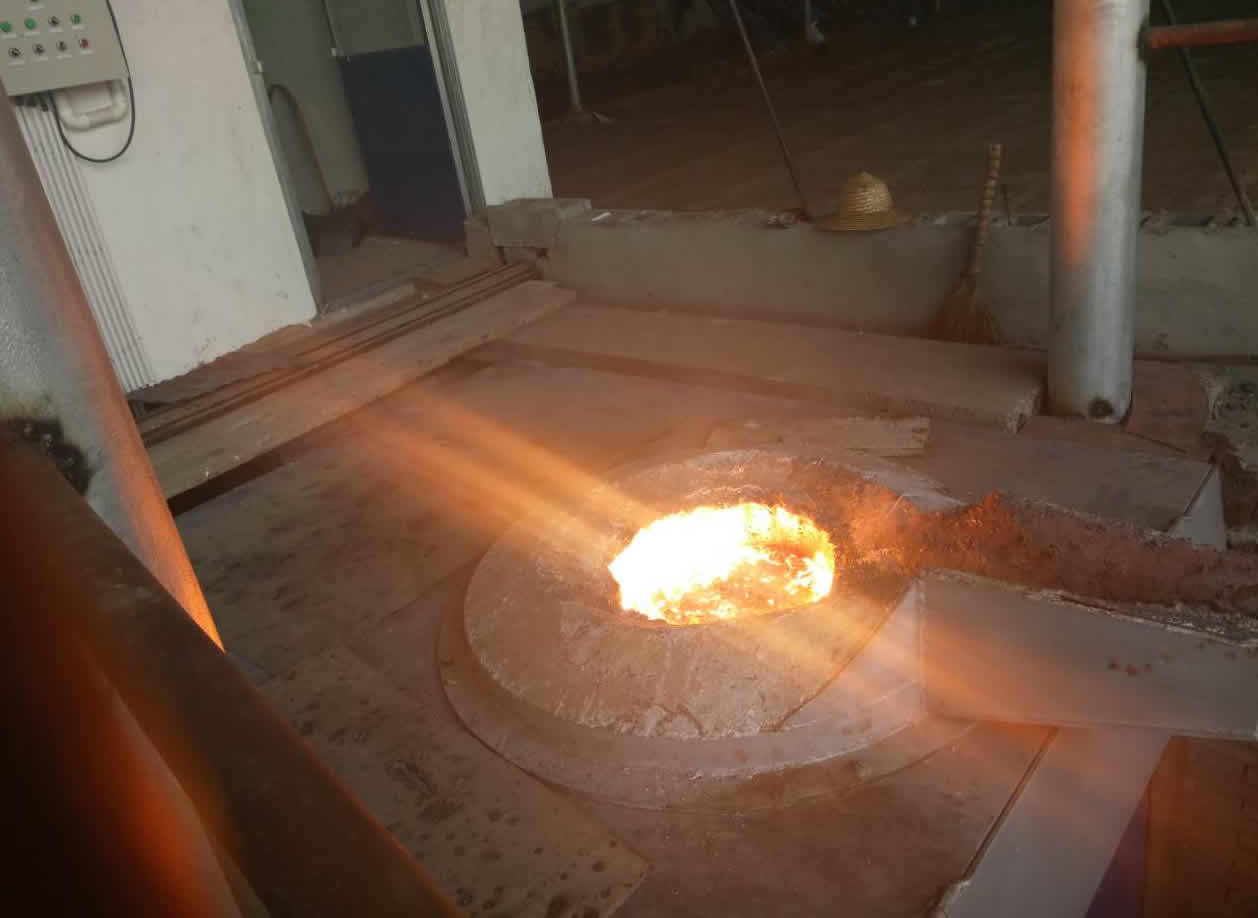
3T intermediate frequency iron melting f
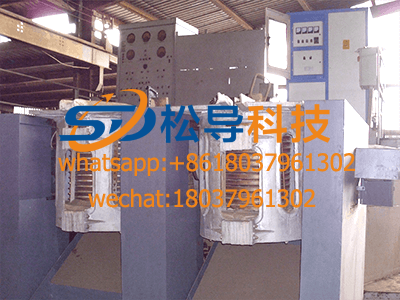
0.25T Intermediate Frequency Furnace
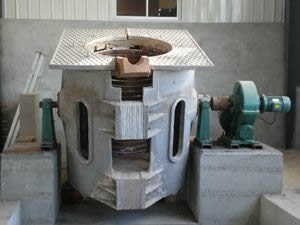
0.5T Intermediate Frequency Furnace
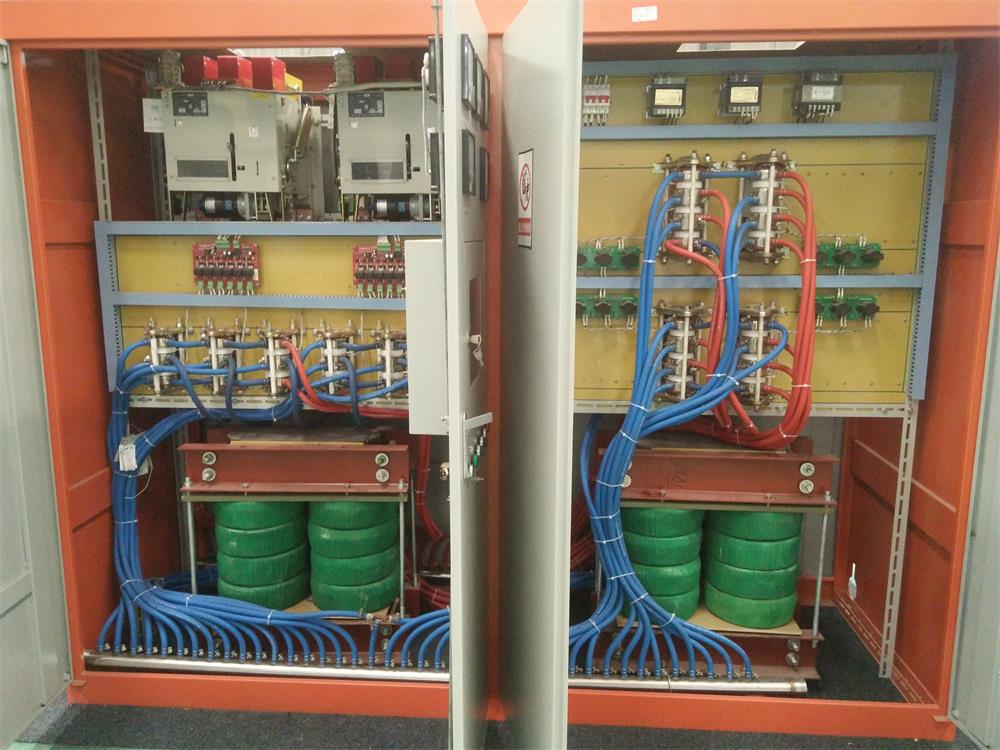
Medium Frequency Furnace

2T Induction Melting Furnace
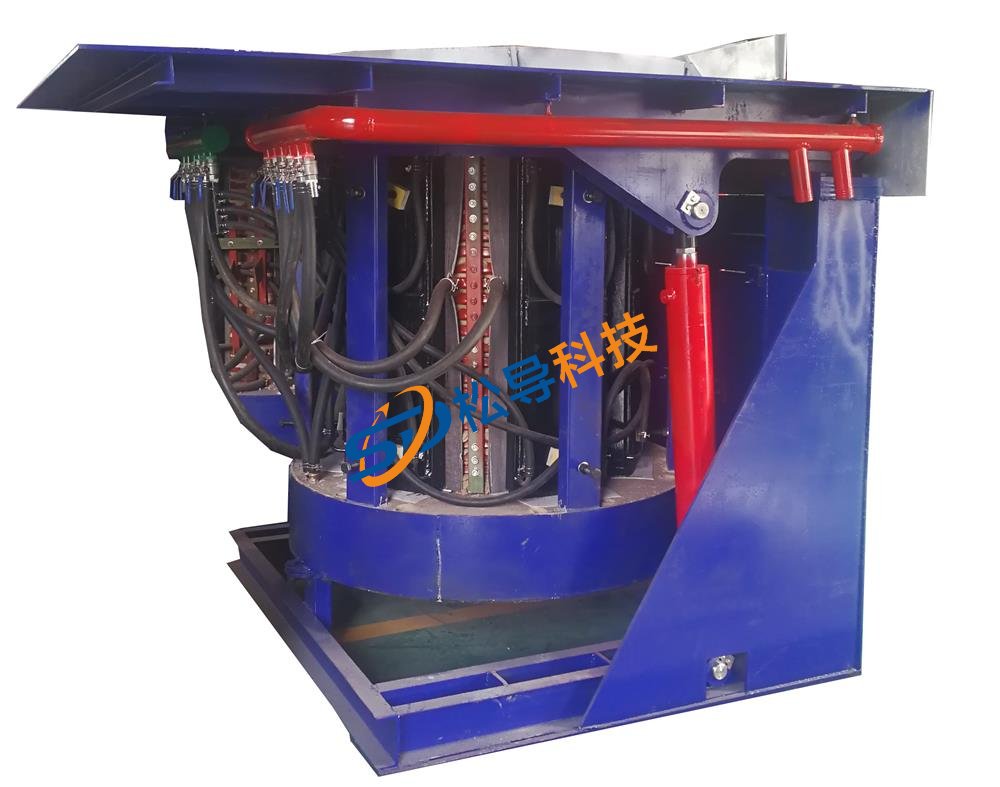
1T Induction Melting Furnace
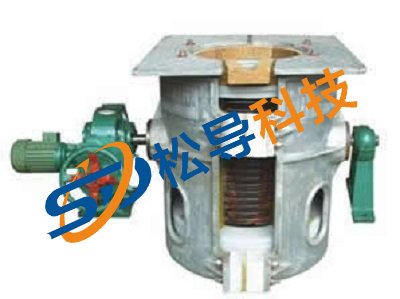
500kg Induction Melting Furnace
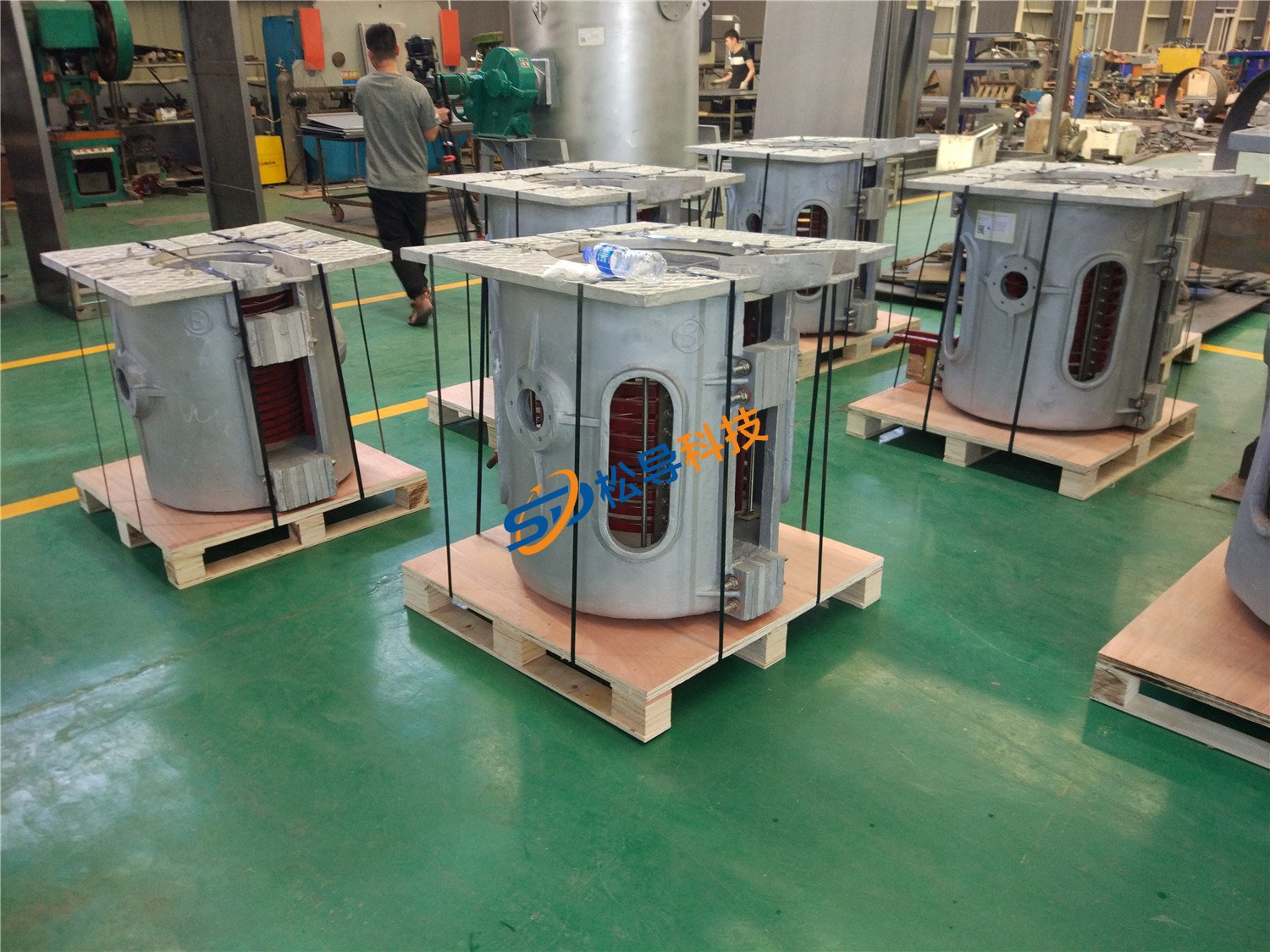
250kg Induction Melting Furnace
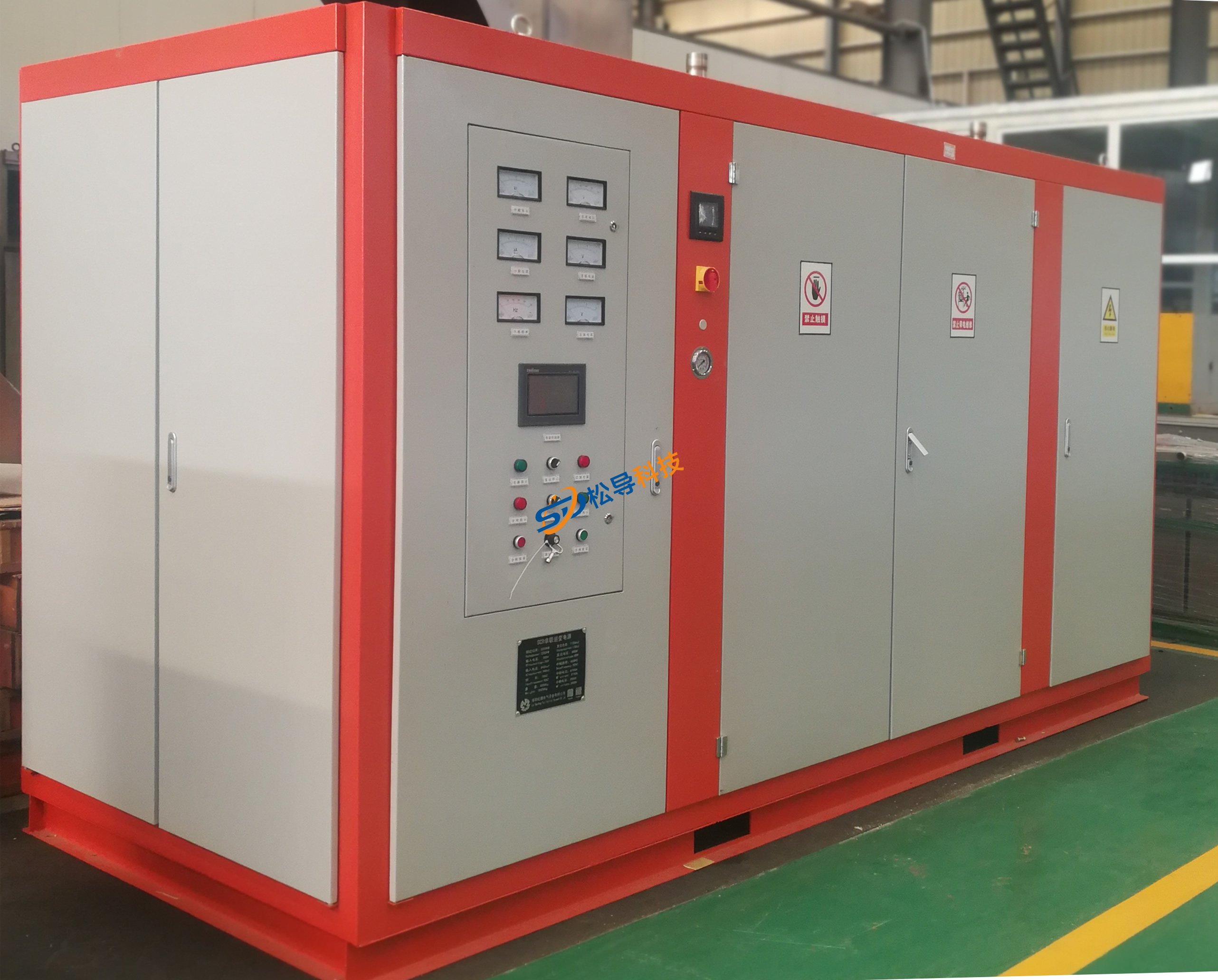
Induction Melting Furnace
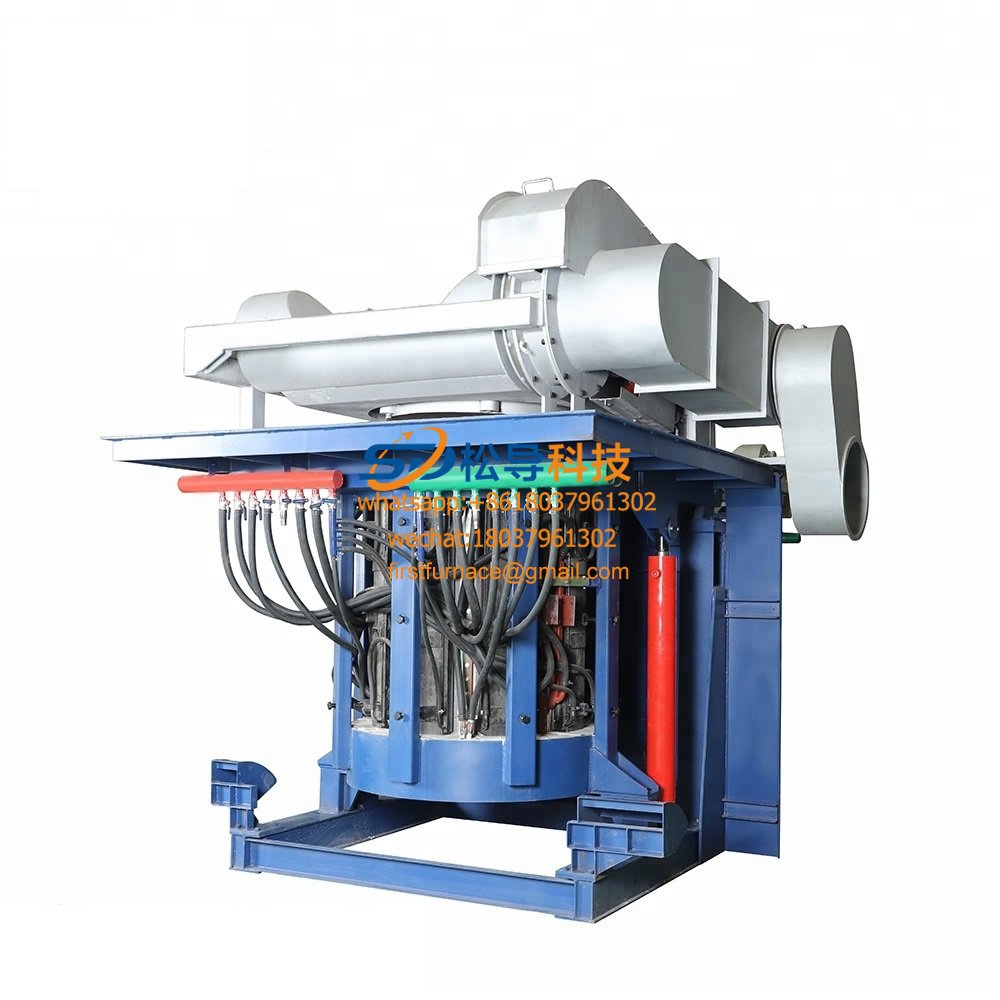
3 T Induction Melting Furnace
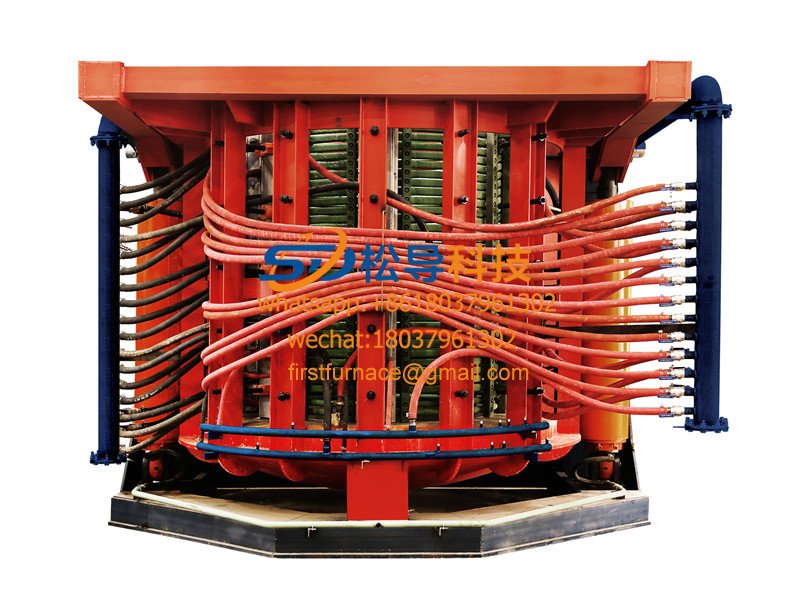
5T Induction Melting Furnace
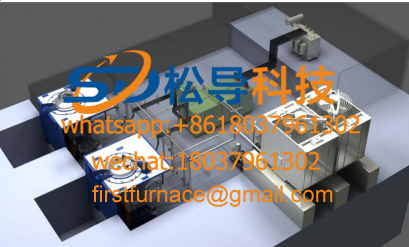
1T One Belt Two Intermediate Frequency F

5T One Belt Two Intermediate Frequency F
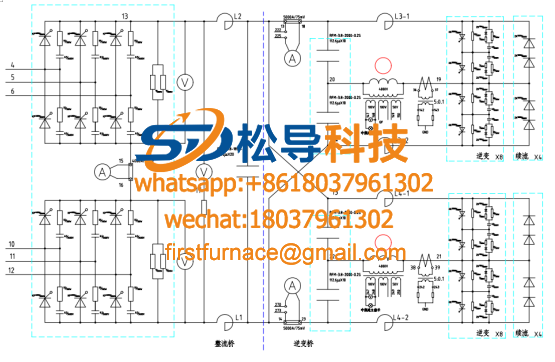
3T One Belt Two Intermediate Frequency F
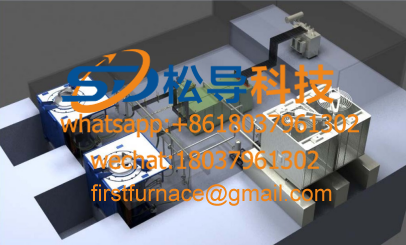
2T One Belt Two Intermediate Frequency F
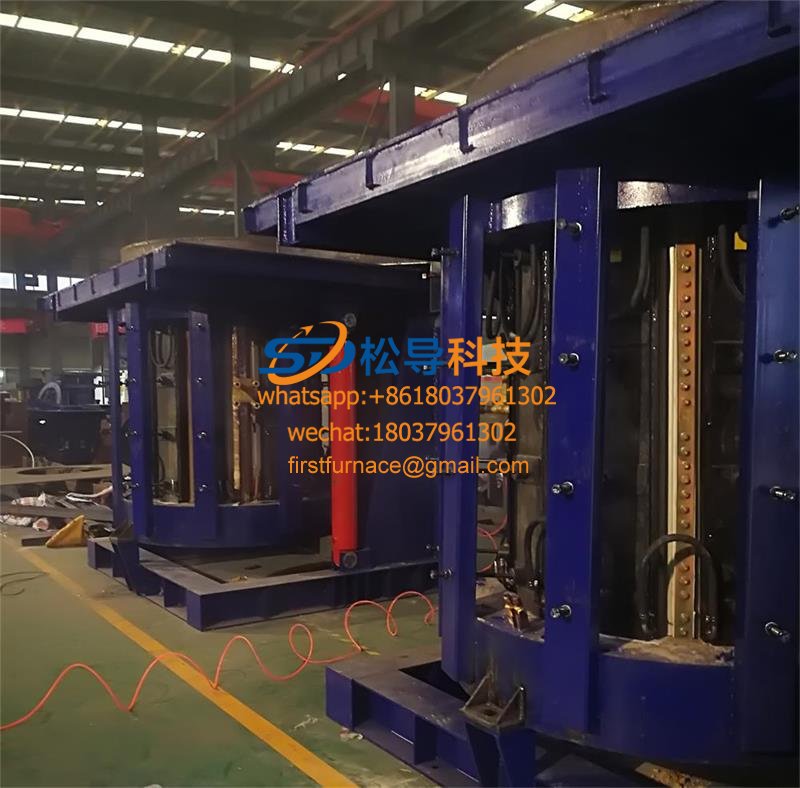
5T Parallel Intermediate Frequency Furna
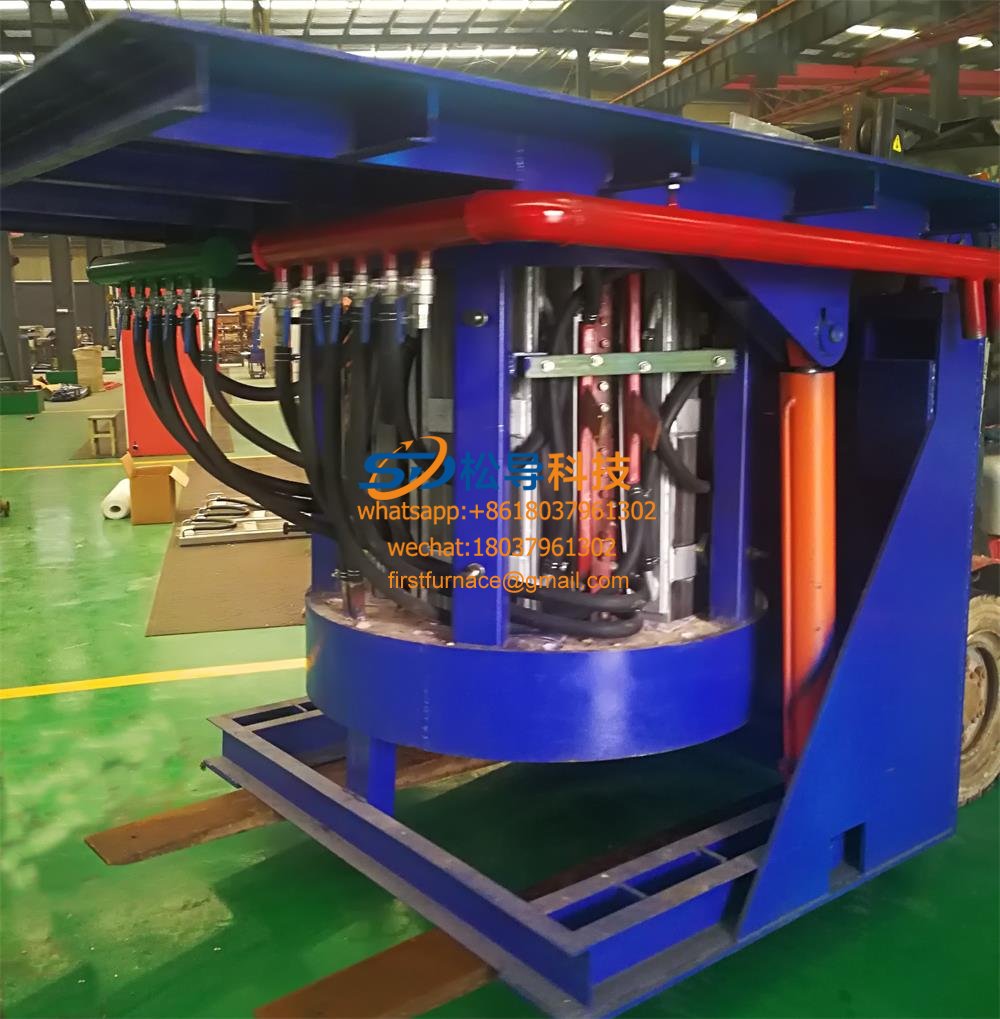
5T Intermediate Frequency Furnace

5T Series Intermediate Frequency Furnace
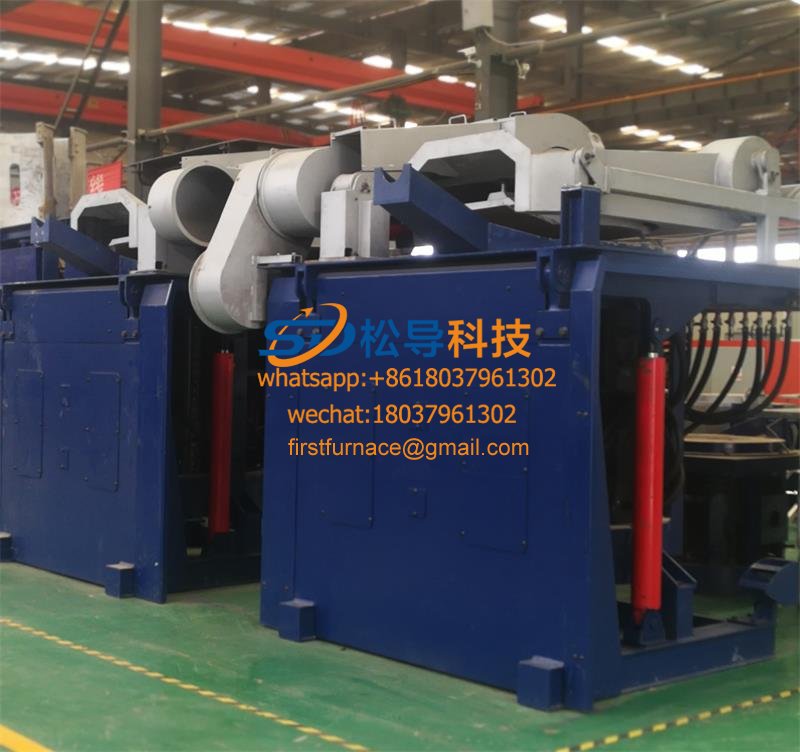
3T Series Intermediate Frequency Furnace
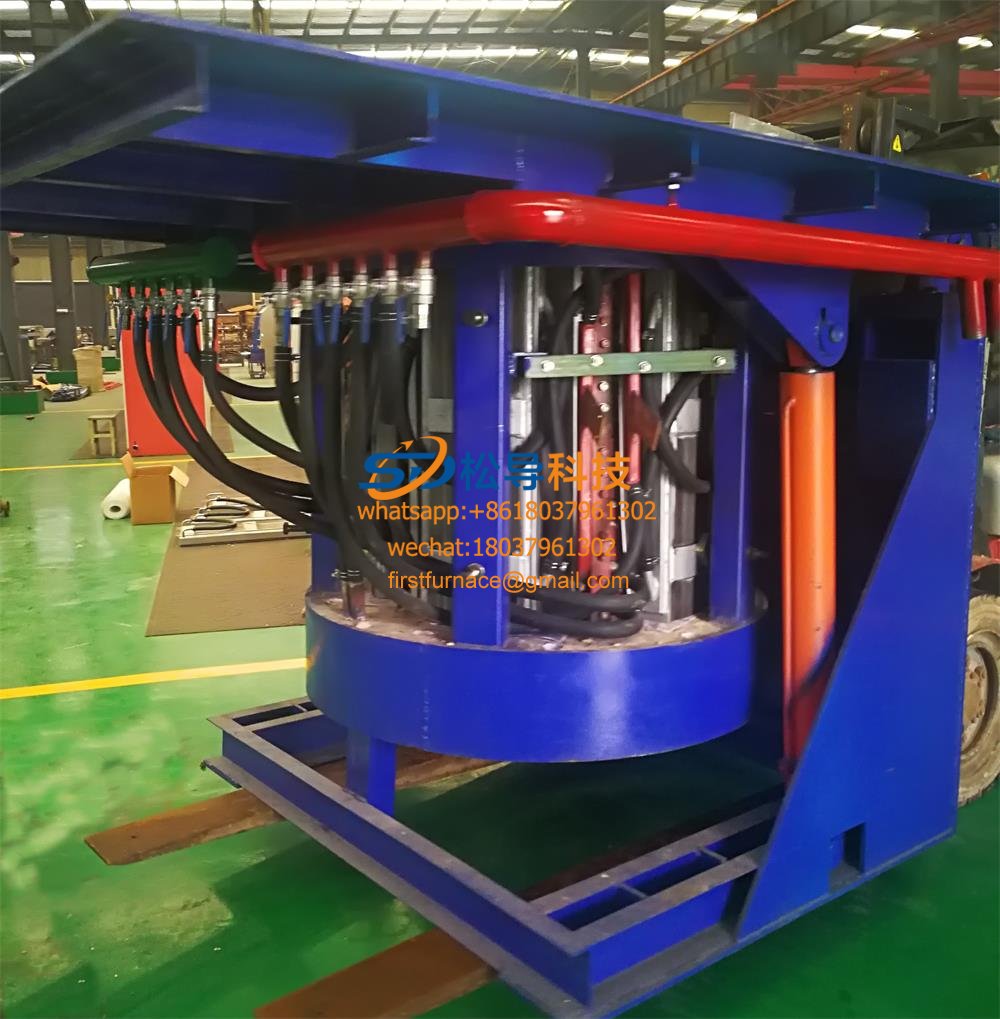
2T Series Intermediate Frequency Furnace
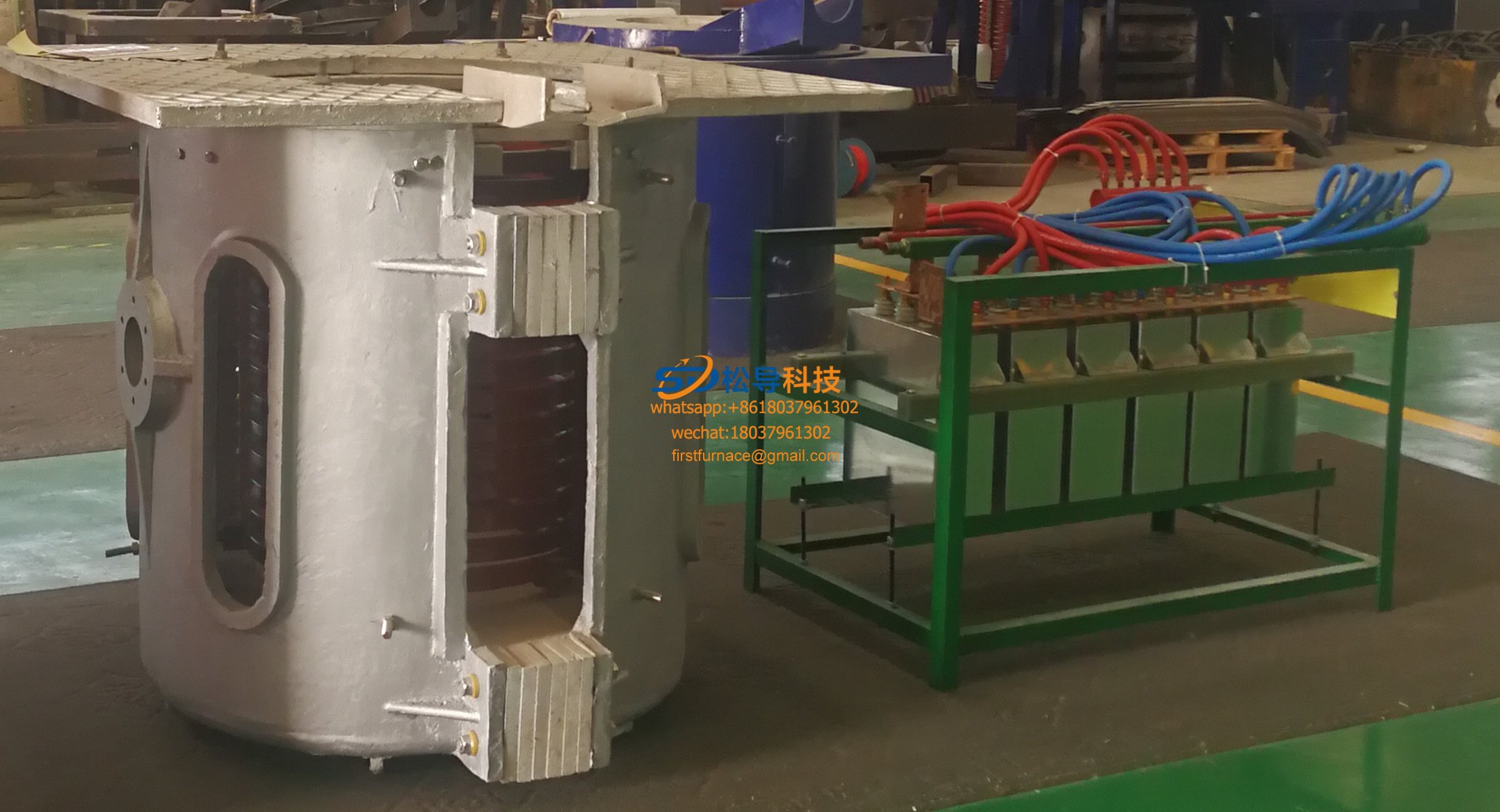
1T Series Intermediate Frequency Furnace
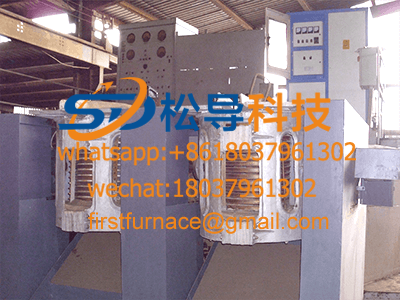
0.5T Series Intermediate Frequency Furna

0.25T Series Intermediate Frequency Furn
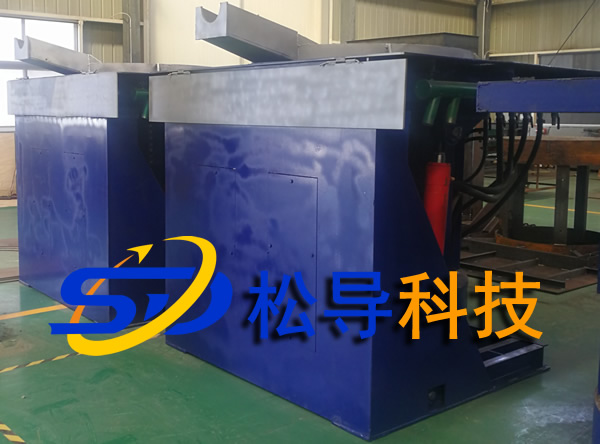
1T Parallel Intermediate Frequency Furna
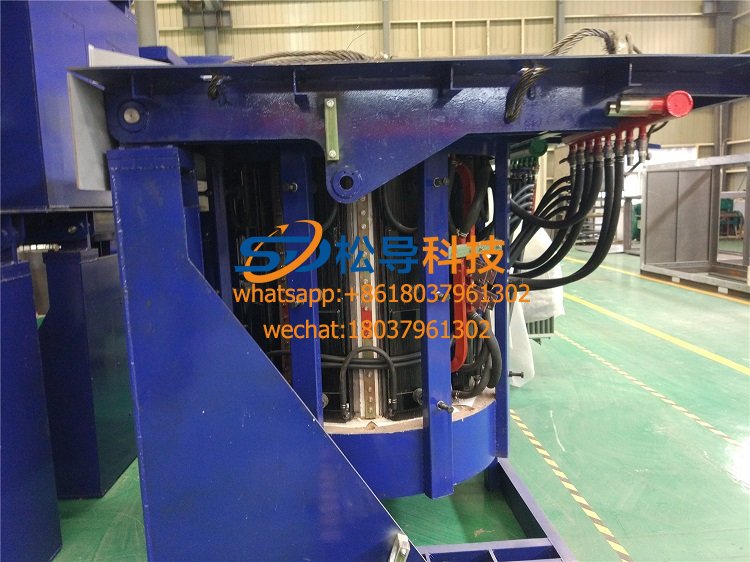
2T Parallel Intermediate Frequency Furna
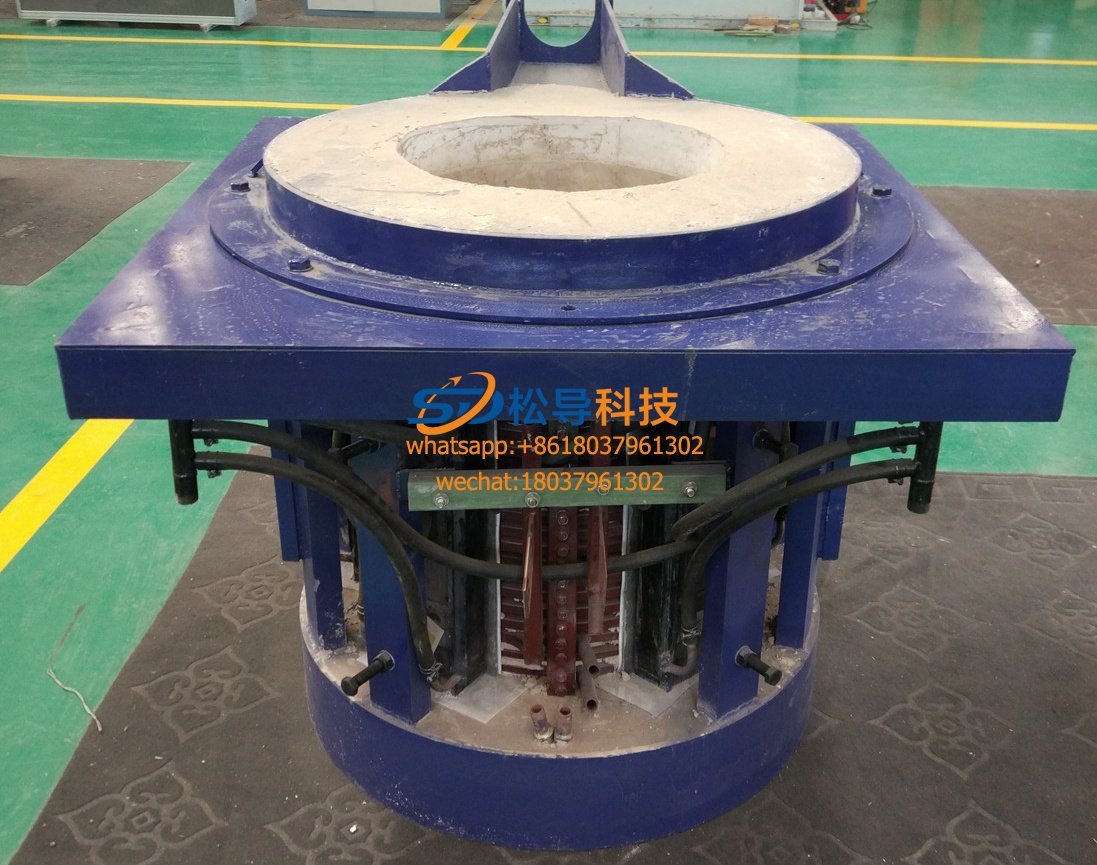
0.5T Parallel Intermediate Frequency Fur






